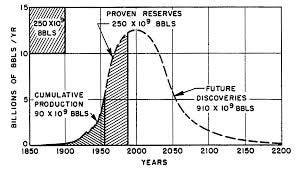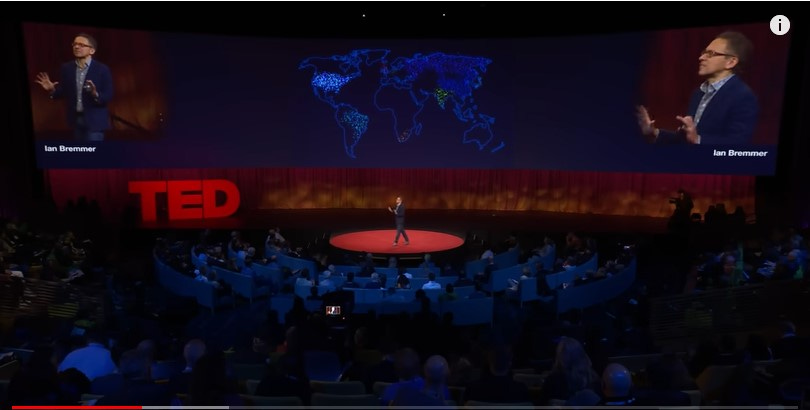The Energy Dilemma of Artificial Intelligence
New and advanced technology, including artificial intelligence, does not create energy — it uses it.
Today I ran across two publications that present two profoundly different views of the Tech/AI world.
The first publication was a TED talk given by Ian Bremmer. The title of the talk was The Next Global Superpower Isn't Who You Think. The link is here.
Bremmer describes shifting superpower relationships, starting with the Cold War between the United States and Russia. He suggests that we are now in a world in which there are three superpowers: the U.S., China and the technology companies that control the information supplied to us. He discusses the impact of this third superpower, and how (human) governments can (possibly) control it.
The second publication was less dramatic, but equally insightful. It was blog post with the title Written in the skies. The address is here.
The author, Dr. Tim Morgan, states that Peak Oil is ‘finally here’. (Note: the term Peak Oil does not mean that we run out of oil, it means that the production of oil hits a maximum rate and then begins a terminal decline. Reserves are used up faster than new sources of oil can be found.)
The following quotation is from Morgan’s post.
The limitless potential of technological innovation is – alongside infinite growth, and the boundless beneficial potential of neoliberal economics – one of the three great myths of the age.
We have indeed taken enormous technological strides over the past two centuries, but that has been possible because the supply of low-cost energy has always, hitherto, been abundant. Technologies evolve to suit the energy available to power them, and the contrary proposition is ludicrous.
The critical issue, so often dismissed or ignored by the high priests of the new and shiny, is that the capabilities of technology are bounded by the laws of physics.
The systems needed to run the internet — including artificial intelligence — consume immense amounts of energy. If we are running into energy limits — which is Dr. Morgan’s point of view — then we will choose to use the energy available to us for our essential needs, not discretionary wants, such as artificial intelligence.




